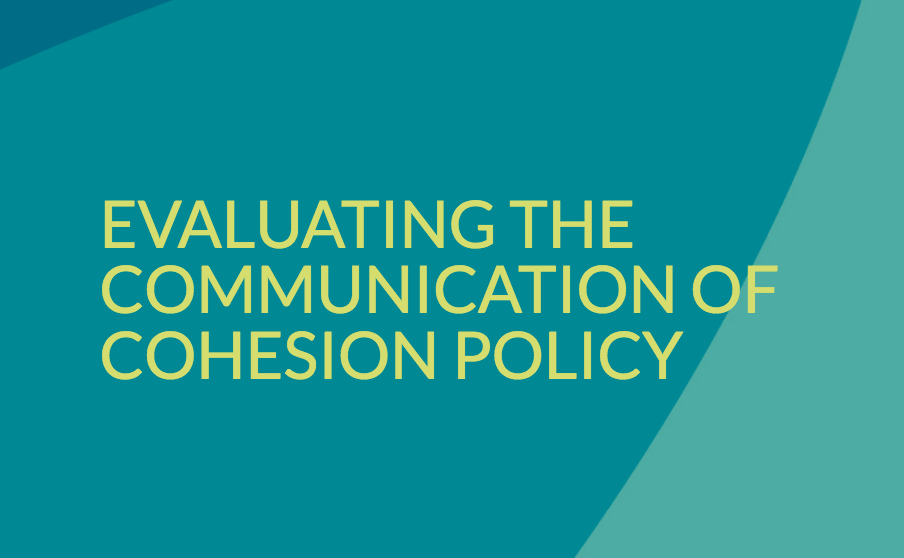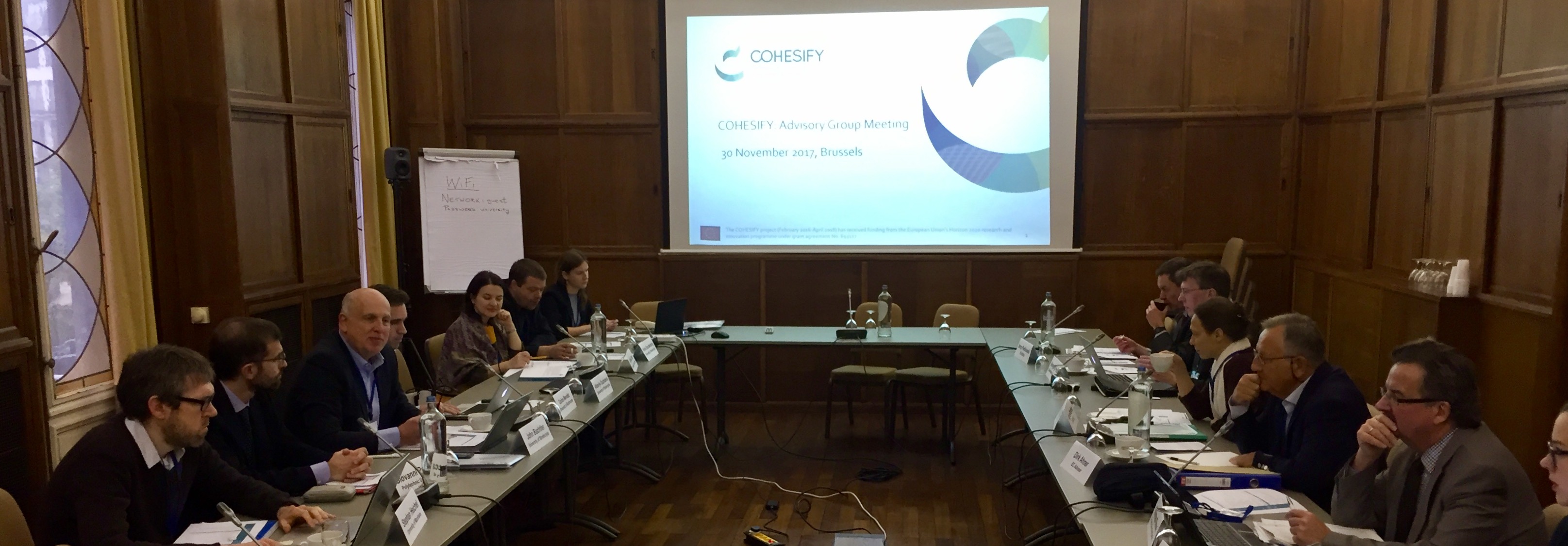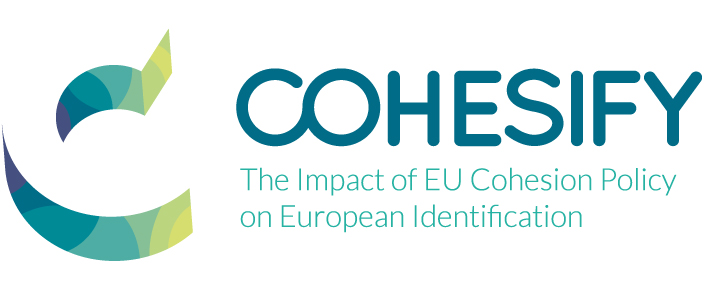
Evaluating the Communication of Cohesion Policy
December 7, 2017
Advisory Board and Steering Committee Meetings, 30 November 2017
December 18, 2017
How does EU funding to European regions affect sub-national parties’ support for European integration?
We provide an answer to this question in a recently published journal article “Does EU regional policy increase parties’ support for European integration?” in West European Politics (the full text of the article is available for free). By analysing election manifestos of parties acting on the regional level in Germany, the Netherlands, Spain and the United Kingdom, and by combining this data with EU funding data for the two programming periods 2007-2013 and 2014-2020, we show that sub-national parties are more supportive of European integration if regions receive more EU funding and if the parties represent regions that are dependent on EU funding.
The findings demonstrate that EU Cohesion Policy does have a positive impact on sub-national parties’ positions towards further European integration. So far, we interpret this as a rather instrumental approach by sub-state political actors, i.e. if the regions they are representing are reliant on EU funding, then they adopt more positive positions on EU integration than regional actors from regions that are less dependent on EU funding. This is because they know that they need EU regional transfer money to finance, for instance, local and regional infrastructure projects. Further in-depth studies using COHESIFY’s soon-to-be-released data on stakeholders’ opinions are needed to test and unravel the causal mechanism we are indicating here.
Furthermore, one positive finding from a policy perspective is that sub-national parties do not adopt more negative positions towards European integration and EU Cohesion Policy once a region has to face severe cutbacks in EU funding. Given that the level of EU funding is largely dependent on a region’s gross domestic product per capita (compared to the EU average), receiving less EU funding than in the previous programming period is also an indication of a region’s economic development. Sub-national parties representing prosperous regions do not shift their positions on European integration and EU Cohesion Policy significantly because they still acknowledge the beneficial role previous EU funding has played for the region’s economic development.
The findings demonstrate that EU Cohesion Policy does have a positive impact on sub-national parties’ positions towards further European integration. So far, we interpret this as a rather instrumental approach by sub-state political actors, i.e. if the regions they are representing are reliant on EU funding, then they adopt more positive positions on EU integration than regional actors from regions that are less dependent on EU funding. This is because they know that they need EU regional transfer money to finance, for instance, local and regional infrastructure projects. Further in-depth studies using COHESIFY’s soon-to-be-released data on stakeholders’ opinions are needed to test and unravel the causal mechanism we are indicating here.
Furthermore, one positive finding from a policy perspective is that sub-national parties do not adopt more negative positions towards European integration and EU Cohesion Policy once a region has to face severe cutbacks in EU funding. Given that the level of EU funding is largely dependent on a region’s gross domestic product per capita (compared to the EU average), receiving less EU funding than in the previous programming period is also an indication of a region’s economic development. Sub-national parties representing prosperous regions do not shift their positions on European integration and EU Cohesion Policy significantly because they still acknowledge the beneficial role previous EU funding has played for the region’s economic development.
Lastly, and regarding sub-national parties’ positions on European integration and EU Cohesion Policy, our analysis shows that there are not only differences between regions within a country (for example, parties in the German state of Saxony-Anhalt adopt more pro-European positions than their counterparts in Saxony), but also between parties. For example, the left-liberal Dutch D66 is way more in favour of European integration and EU Cohesion Policy than the nationalist and right-wing populist party PVV. Similar to the national level, we find that also on the regional sphere of the political system parties from the radical right and parties from the extreme left tend to be against European integration and EU Cohesion Policy.
To download Martin Gross’ and Marc Debus’ open access-article in West European Politics please follow this link.
To download Martin Gross’ and Marc Debus’ open access-article in West European Politics please follow this link.
Martin Gross Ludwig Maximilians University of Munich
Marc Debus University of Mannheim

